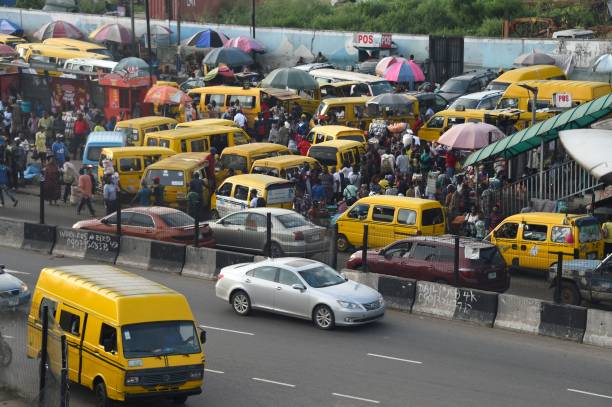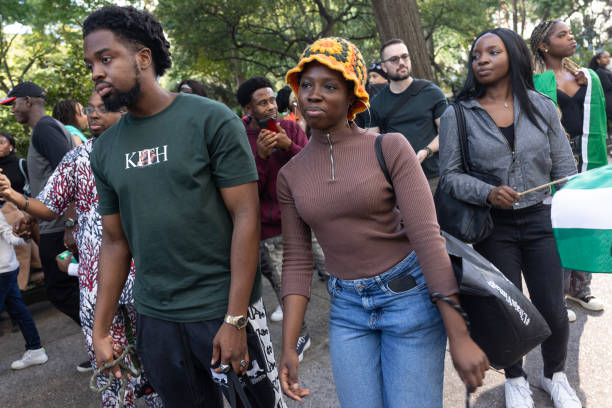In the hustle and bustle of Nigerian cities, where traffic jams are the daily norm and public transport options often fall short, informal transport networks quietly play a crucial role in keeping people on the move. From the crowded yellow buses called “danfos” in Lagos to the ubiquitous motorbike taxis known as “okadas,” these informal systems are the lifeblood of urban mobility.
Officially, government-run transport schemes struggle to meet the vast demand of millions of commuters. Public buses are often too few, poorly maintained, or simply unable to navigate the chaotic urban landscape. Here, informal transport steps in to fill the gap — offering flexible, affordable, and accessible options for many Nigerians.
Take Lagos, for example, Africa’s largest city by population. Its formal transport system is overwhelmed. Yet, the danfo minibuses, operated by countless small-scale drivers, weave through the city’s traffic, stopping almost anywhere to pick up or drop off passengers. Their routes may be unofficial, their schedules irregular, but they meet the people where they are — both literally and economically.
Similarly, okadas offer door-to-door services in areas where roads are narrow, or public transit cannot reach. Despite safety concerns and regulatory challenges, they remain vital for millions who need quick, affordable rides across sprawling urban areas.
It’s important to understand that these informal networks do more than just move people. They provide jobs for thousands, from drivers to conductors to mechanics. They enable economic activity by connecting workers to jobs and consumers to markets. And they shape the social fabric of the cities, becoming a daily point of interaction and community.
However, the informal nature of these systems also poses problems. Traffic safety is a big issue, with many accidents blamed on unregulated drivers. The lack of official oversight means passenger rights and security are often compromised. Cities struggle with congestion and pollution, partly due to the sheer number of informal vehicles on the road.
Governments across Nigeria are now recognising the need to integrate informal transport into formal planning. Policies that support training for drivers, regulate routes and fares, and improve vehicle standards could make these networks safer and more efficient — without destroying what makes them so valuable.
In truth, informal transport in Nigeria’s cities is not just a stopgap but an essential part of urban life. It reflects the resilience, creativity, and sheer will of the people to keep moving despite systemic challenges. Instead of sidelining these networks, city planners should embrace and improve them. After all, keeping Nigeria’s cities moving means keeping the millions who depend on informal transport moving too.




